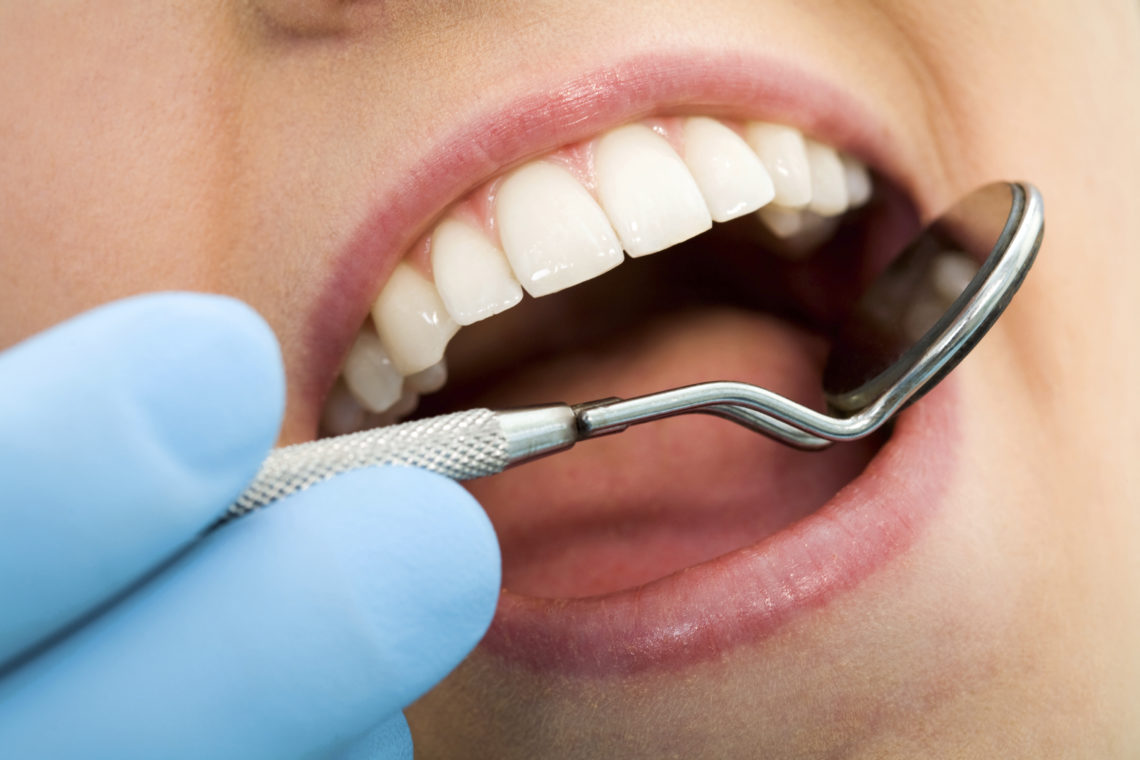
Tooth infections are more than just a painful inconvenience; they can have serious implications for your overall health if left untreated. In this blog post, we’ll delve into the potential consequences of tooth infections, exploring symptoms, treatment options, and dispelling common myths.
Recognizing the Symptoms of Tooth Infections
Tooth infections, also known as dental abscesses, typically occur when bacteria invade the pulp, the innermost part of the tooth. Recognizing the symptoms is crucial for seeking timely treatment and preventing complications.
Common symptoms of a tooth infection include severe toothache, swelling of the face or gums, sensitivity to hot or cold temperatures, and persistent bad breath. In some cases, individuals may also experience fever, a foul taste in the mouth, or swollen lymph nodes.
The Dangers of Untreated Tooth Infections
Contrary to popular belief, a tooth infection won’t directly lead to immediate death. However, the consequences of leaving a tooth infection untreated can be severe and may negatively impact your overall health.
1. Spread of Infection:
A tooth infection can spread to surrounding tissues, leading to a dental abscess. If the infection continues to progress, it may extend into the jawbone, causing a condition known as osteomyelitis. The spread of infection can contribute to the formation of pus-filled pockets, resulting in increased pain and swelling.
2. Systemic Health Risks:
While a tooth infection itself may not directly cause death, the bacteria involved can enter the bloodstream, potentially leading to systemic health issues. Bacterial entry into the bloodstream can contribute to conditions like endocarditis, a serious heart infection, or sepsis, a life-threatening response to infection.
Seeking Timely Treatment
Given the potential severity of tooth infections, prompt and appropriate treatment is crucial. Dentists typically employ a combination of approaches to address the infection:
1. Antibiotics:
Antibiotics are commonly prescribed to control the spread of infection and alleviate symptoms. It’s important to complete the full course of antibiotics as prescribed by your dentist or healthcare provider.
2. Dental Procedures:
In some cases, a root canal may be recommended to remove the infected pulp and save the tooth. If the infection has advanced significantly, extraction may be necessary to prevent further complications.
3. Pain Management:
Pain associated with tooth infections can be managed with over-the-counter or prescription pain medications. However, pain relief should not be a substitute for professional dental treatment.
Dispelling Myths: How Long Until a Tooth Infection Kills You?
The notion that a tooth infection will lead to imminent death is a misconception. While serious complications can arise from untreated infections, the timeline varies based on individual factors, such as overall health, immune system function, and the specific bacteria involved.
It is crucial to prioritize dental health and seek professional care at the first signs of a tooth infection. Dental professionals can assess the severity of the infection, prescribe appropriate medications, and recommend necessary procedures to address the issue.
Conclusion: Prioritizing Dental Health to Prevent Complications
In conclusion, tooth infections should not be underestimated. While they may not lead to immediate mortality, untreated infections can result in severe complications that affect both oral and systemic health. Recognizing the symptoms, seeking prompt treatment, and dispelling myths about the rapid progression of tooth infections are essential steps in preserving overall well-being.
If you suspect a tooth infection or experience persistent dental pain, consult with a dentist promptly to address the issue and prevent potential complications. Remember, maintaining good oral hygiene practices and attending regular dental check-ups can go a long way in preventing the development of tooth infections in the first place.
